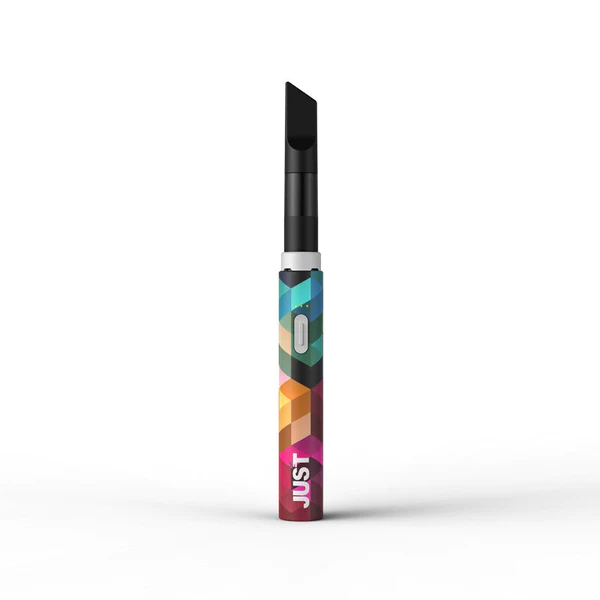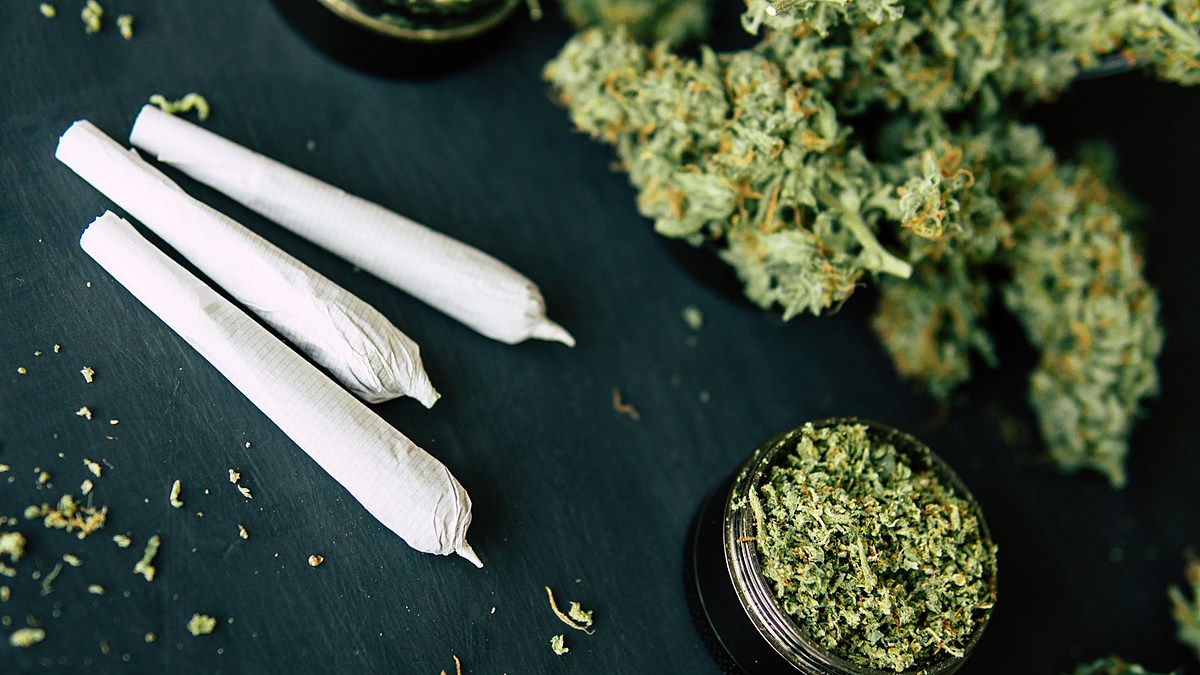Introduction
Seizures are a neurological disorder characterized by abnormal electrical activity in the brain, leading to various symptoms and potential risks. Conventional treatments for seizures often involve antiepileptic medications, but these may not be effective for everyone and can cause adverse side effects. In recent years, there has been growing interest in using CBD (cannabidiol) as a potential alternative or adjunct therapy for seizures. This comprehensive guide will explore the use of CBD for seizures, including its potential benefits, mechanisms of action, dosage considerations, legal aspects, and current scientific evidence. It aims to provide a comprehensive understanding of CBD’s role in seizure management and empower individuals to make informed decisions.
Understanding Seizures
Introduction to Seizures – Define seizures, their causes, and the different types of seizures.
Impact of Seizures – Discuss the potential impact of seizures on individuals’ daily lives and the importance of effective seizure management.
CBD and Seizures
- What is CBD? – Provide an overview of CBD, its natural origin from hemp or cannabis plants, and its non-intoxicating properties.
- CBD vs. THC – Highlight the differences between CBD and THC (tetrahydrocannabinol), emphasizing that CBD does not produce the psychoactive effects associated with THC.
- How Does CBD Work for Seizures? – Discuss the potential mechanisms of action by which CBD may interact with the body’s endocannabinoid system and other receptors to potentially reduce seizure activity.
Scientific Evidence and Research
- Preclinical Studies – Summarize animal studies that suggest CBD’s potential anticonvulsant effects and its ability to modulate brain activity.
- Human Studies – Explore clinical trials and research studies investigating the use of CBD for various seizure disorders, such as epilepsy, Dravet syndrome, and Lennox-Gastaut syndrome.
- Limitations and Future Research – Discuss the current limitations of research in the field and the need for larger, well-designed studies to establish the efficacy, safety, and optimal dosing of CBD for seizures.
Potential Benefits of CBD for Seizures
- Anticonvulsant Effects – Explain how CBD may potentially reduce seizure frequency, duration, and intensity by modulating neurotransmitters and dampening hyperexcitability in the brain.
- Improved Quality of Life – Discuss the potential impact of CBD on improving individuals’ overall well-being, reducing seizure-related complications, and enhancing mood and cognitive function.
Methods of CBD Consumption
- CBD Oil – Discuss the most common method of consuming CBD for seizures, including the sublingual administration of CBD oil and its potential advantages in terms of bioavailability and ease of dosing.
- Other Consumption Methods – Explore alternative methods of CBD consumption, such as capsules, edibles, and vaporization, highlighting their pros and cons in the context of seizure management.
Dosage Considerations
- Start Low and Go Slow – Advise beginners to start with a low CBD dosage and gradually increase as needed to assess individual tolerance and response.
- Finding the Optimal Dosage – Discuss the importance of finding the right CBD dosage based on factors such as body weight, age, seizure type, and the individual’s response to CBD.
- Consult with a Healthcare Professional – Emphasize the importance of consulting with a healthcare professional, especially for individuals with pre-existing medical conditions or those taking other medications.
Legal Considerations
Legal Status of CBD – Explain the legal status of CBD in different regions, highlighting the importance of understanding local regulations before purchasing or using CBD products.
Potential Side Effects and Risks:
Common Side Effects – Discuss potential side effects of CBD, such as fatigue, drowsiness, dry mouth, and changes in appetite, emphasizing that these effects are generally mild and temporary.
Drug Interactions – Highlight the possibility of CBD interacting with certain medications, particularly those metabolized by the liver’s cytochrome P450 enzyme system, and the importance of consulting with a healthcare professional before using CBD.
Other Considerations
- Full-Spectrum CBD vs. CBD Isolate – Explain the difference between full-spectrum CBD and CBD isolate, discussing the potential benefits of each and their relevance to seizure management.
- CBD and Lifestyle Factors – Explore the potential influence of lifestyle factors, such as diet, exercise, stress management, and sleep, on the effectiveness of CBD for seizures.
- Supportive Therapies – Discuss the importance of comprehensive seizure management, including therapies such as cognitive-behavioral therapy, stress reduction techniques, and support groups, in conjunction with CBD use.
Personal Experiences and Testimonials
- Anecdotal Accounts – Share personal stories and testimonials from individuals who have used CBD for seizures, highlighting their experiences, challenges, and benefits.
- Varied Responses – Acknowledge that individual responses to CBD may vary, and what works for one person may not work the same for another.
Frequently Asked Questions (FAQs)
- Address common questions and concerns related to CBD for seizures, including its safety for children, long-term effects, potential addiction, and the legality of CBD products.
Conclusion
CBD shows promise as a potential alternative or adjunct therapy for seizures, but further research is needed to establish its efficacy, optimal dosing, and long-term safety. While current evidence suggests that CBD may have anticonvulsant properties and can potentially improve the quality of life for individuals with seizure disorders, it is important to approach CBD use under the guidance of a healthcare professional. Finding the right dosage and method of administration is crucial, and regular communication with healthcare providers is essential. CBD should be seen as part of a comprehensive approach to seizure management that includes medical supervision, lifestyle modifications, and supportive therapies. Individuals considering CBD for seizures should be aware of the legal status of CBD in their region and ensure they are purchasing high-quality, third-party tested products.
- Delicious Discoveries: My Flavorful Journey with JustCBD’s CBD + THC Gummies Collection - August 16, 2024
- Vaping in Style: A Personal Review of Vessel’s Core Series! - July 15, 2024
- Nurturing Wellness: The Benefits of Reishi Functional Mushrooms - November 4, 2023





